As you set out to buy plants for your garden this spring, check your list to make sure your choices are dog-friendly, as many ornamental plants can pose major dangers to your four-legged family member.
When confined inside a house or outside in the backyard, pets are often more inclined to snack on plants due to boredom, curiosity, anxiety or even hunger. Unfortunately, many gardeners are not aware of how noxious or even deadly their cherished jade plant and foxgloves are!
Make no mistake, the consumption of most any plant material can cause vomiting and GI upset for dogs. However, there are some plants that must be considered potentially lethal if your pet nibbles on them. It is prudent to avoid altogether those that are most toxic. Or, if there is a plant that could pose a potential hazard that you must absolutely have, be sure to place it in a less-accessible spot.
As for dissuading your dog from making a snack of plants, Cornell University suggests adding more fiber to his or her diet in order to curb munchies. Consult your vet for guidance, but this is sometimes accomplished by adding bran to the pet’s food.
Houseplants
With the houseplant craze going strong, our homes are brimming and blooming with plants. If you’ve become a plant collector and have a dog, you should be aware that many pose a danger to pets. Happily, potted houseplants can simply be displayed out of reach of pets.
Dangerous Houseplants For Dogs
Garden Plants
Fans of mystery novels can learn a lot about poisonous plants by reading books written by Agatha Christie! Death by poison is very frequently seen in Christie’s writing, as more than 30 victims succumb to a variety of toxins, while others survive attempted poisonings.
Christie’s knowledge was extensive, a result of her work as both a nurse and a pharmacy dispenser during both world wars. Many of the poisons used by the murderers were readily available – growing amongst the beauty of an English country garden.
Botanically, related species of plants are grouped into families. Students are often bewildered, as they try to make sense of the connections. It’s very helpful to have some knowledge of plant families, even for home gardeners, to better understand cultural requirements or susceptibility to diseases. For instance, members of the Rosaceae family tend to be vulnerable to foliar diseases; every rose and apple grower deals with this. Members of the heath family, the Ericaceae (azaleas, mountain laurel and sourwood), prefer acid soil and good drainage.
Garden Plants Dangerous to Dogs
Others To Be Wary Of
With that said, there is one family of plants – Ranunculaceae – whose members should all be considered toxic to varying degrees. (Unfortunately, this family contains many of my favorite garden plants.) Members of the group contain varying levels of a toxin called protoanemonin, which causes redness and swelling of the mouth, drooling, vomiting, diarrhea and weakness. Larger amounts can result in blood-tinged urine, tremors and rarely, seizures. Plants in the family include: Winter Aconite (Eranthis hyemalis); Hellebores (Helleborus); Anemones (Anemone blanda and japonica); Buttercups (Ranunculus); Columbines (Aquilegia); Delphinums; Larkspur (Consolida); Love-in-a-Mist (Nigella); Monkshood (Aconitum); Bugbane (Cimicifuga); Baneberries (Actaea) and Clematis.
Furthermore, keep in mind that fertilizers or pesticides used on otherwise safe plants can be toxic when ingested.
An extensive list of plants potentially poisonous to pets can be found by visiting The Humane Society of the U.S. at humanesociety.org.
Seeking Help
The ASPCA Animal Poison Control Center (APCC) is one resource for any poison-related emergency, 24 hours a day, 365 days a year. If you have any further questions regarding the information in this article or if you think your pet may have ingested a potentially poisonous substance, call the hotline at 888-426-4435 (aspca.org). Their experts can tell you the degree of toxicity of the plant your dog ate and whether you should seek emergency veterinary care. When possible, take a picture or bring a sample of the suspected poisonous plant along to your veterinarian.
Locally, if a crisis occurs during hours when your regular vet is not open or you need immediate emergency care, you can seek help through PETS (Pets Emergency Treatment and Specialties), which is located at 930 North Queen Street in Lancaster. Open 24/7, PETS is staffed by emergency-care veterinarians, as well as veterinary specialists. Telephone is 717-295-7387. Web address is lancasterpetemergency.com.





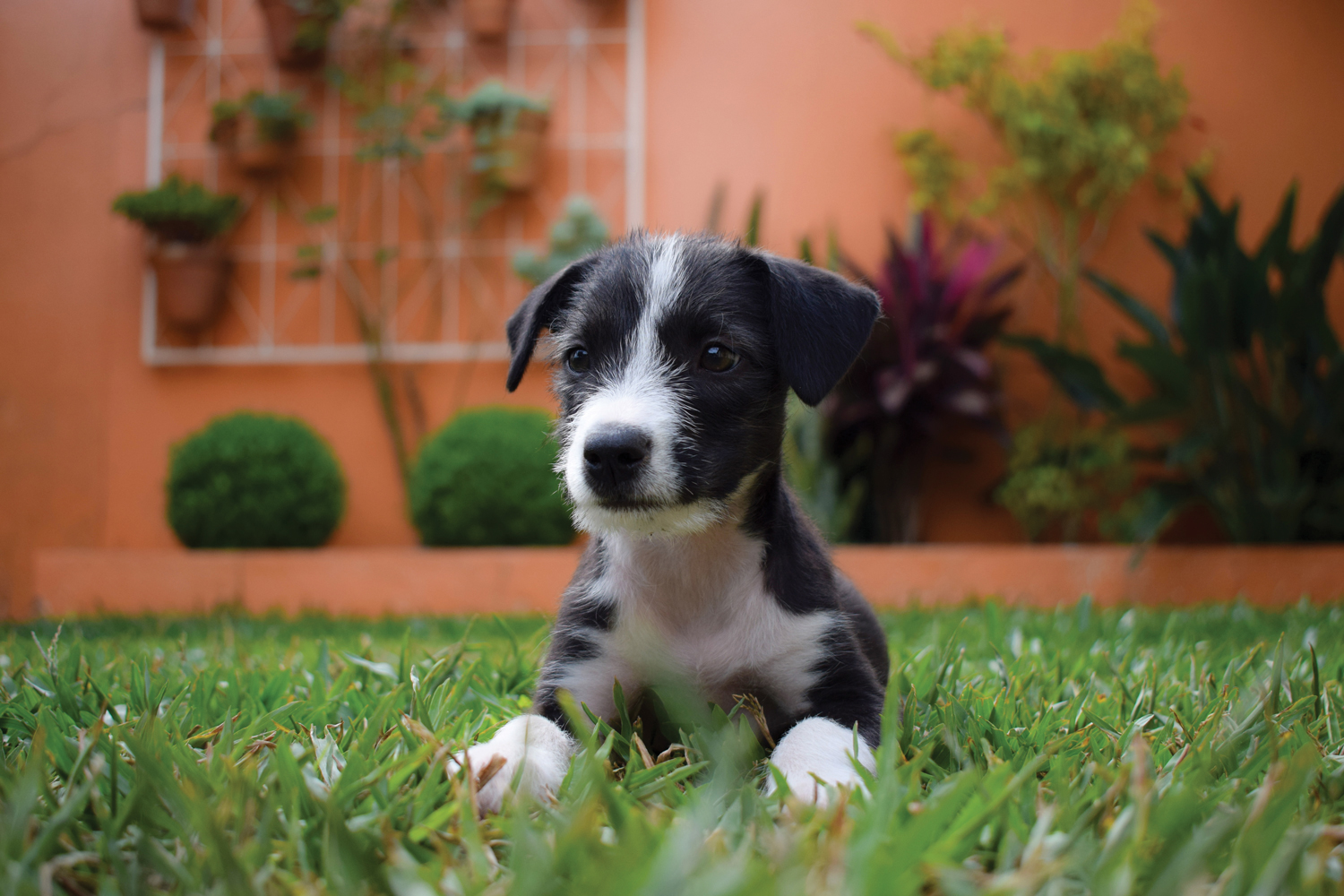

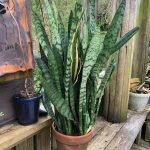


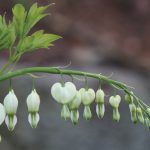
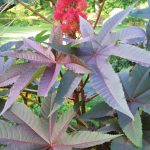
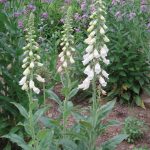
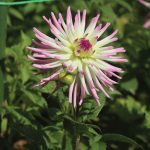
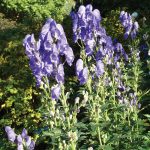



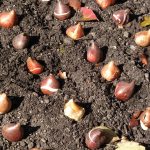
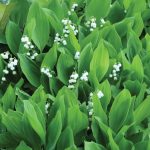
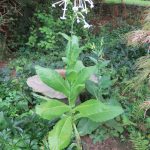

SHARE
PRINT